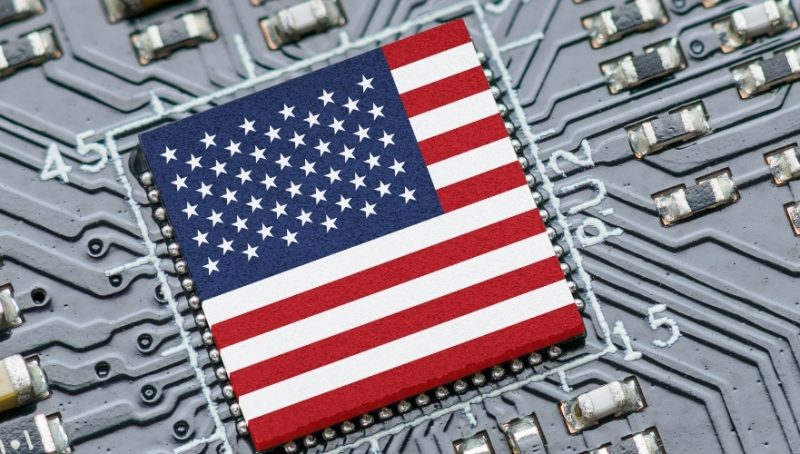by Yan Taw (YT) Boon, Head of Thematic – Asia, Neuberger Berman
Donald Trump’s re-election could accelerate efforts to localize semiconductor production and spark more “friend-shoring” across Southeast Asia.
Could Donald Trump's re-election as U.S. president disrupt Asia’s semiconductor industry?
Contrary to some tech investors, we believe Trump 2.0 could accelerate juggernaut TSMC’s efforts to localize its semi supply chain in Taiwan and expand in the U.S. and Japan—trends that have gained momentum since the COVID-19 pandemic. Furthermore, we think additional U.S. tariffs on Chinese electronic components could lead to more "friend-shoring" in favor of Malaysia, India and Thailand.
Historically reliant on Western equipment suppliers, TSMC has been shifting its supply chain strategically towards Asian vendors to meet next-generation technology demands. The firm recognized 42 Asian vendors in its Excellent Supplier Award, with many added in 2021-23, compared to 19 legacy vendors from the U.S. and EU accumulated since 2010.1
For instance, Taiwan’s Kinik and Japan’s Ebara have become preferred providers of chemical mechanical processing (CMP) solutions, an increasingly vital step in sub-3nm chip manufacturing, while Taiwanese firm C Sun Manufacturing and Japanese vendor Shibaura Mechatronics supply equipment that packages chips using advanced Chip-on-Wafer-on-Substrate (CoWoS) architecture. In our view, these Asian partners are benefiting not only from TSMC's supply chain shift but also from its global expansion, with new investments in plants in Arizona (U.S.), Kumamoto (Japan) and Dresden (Germany).
In Southeast Asia, the friend-shoring movement is also gathering steam with the rise of semiconductor and electronic manufacturing services (EMS) hubs. Western manufacturers, such as Celestica, have shifted production of AI servers and network switches to Malaysia and Thailand as part of U.S. tech giants' China Plus One strategy. Malaysian semiconductor packaging companies are benefitting from similar trends: For example, Inari Amertron is winning more orders in system-in-package technology for radio-frequency and optical-laser chips, while NationGate is providing more 400G/800G optical networking modules for U.S. firms like Coherent.
Meanwhile, Thailand’s gains in printed-circuit-board production and hardware assembly are also on the rise, with Taiwanese companies with Thailand-listed subsidiaries particularly increasing market share. For example, Delta Thailand is attracting more orders in power-management hardware for AI data centers, and Cal-Comp Electronics is receiving more orders in cloud-storage hardware assemblies, according to company management.2
India, too, is in the early stages of building its own EMS industry, aided by government subsidies. Dixon Technology stands out as a manufacturer of smartphones for Motorola and Xiaomi, as well as PCs for Acer and Lenovo, under the PLI subsidy program.
As geopolitical tensions persist under a new U.S. administration, we believe various localization efforts and friend-shoring strategies could foster innovation and growth among smaller Asian suppliers that investors would be wise to watch.
Copyright © Neuberger Berman















